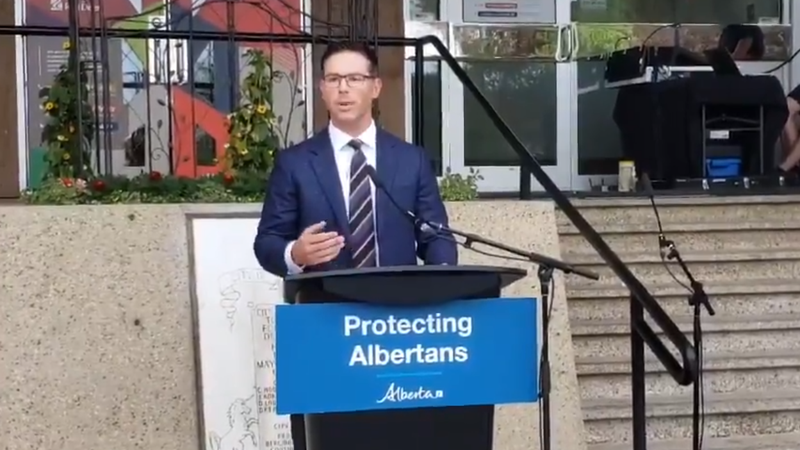
Drug treatment courts not ideal for all, critics say
Not everyone involved with addictions treatment is convinced that drug treatment courts are an effective way of helping people who use drugs to recover.
Justice Minister Doug Schweitzer announced last week that Red Deer will be home to a drug treatment court (DTC) by the end of 2021.
“Our government will be opening a drug treatment court in Red Deer to reduce crime by offering treatment to those struggling with addiction to help get their lives back on track,” the minister said at Red Deer City Hall.
On its website, the John Howard Society, which oversees drug treatment court operations in Edmonton, says participants receive intensive supervision through weekly case management and probation involvement, weekly court attendance to speak to the Judge, and random and regular drug urinalysis screens. Participants are required to be actively engaged in daily and ongoing programming while in the drug treatment court.


